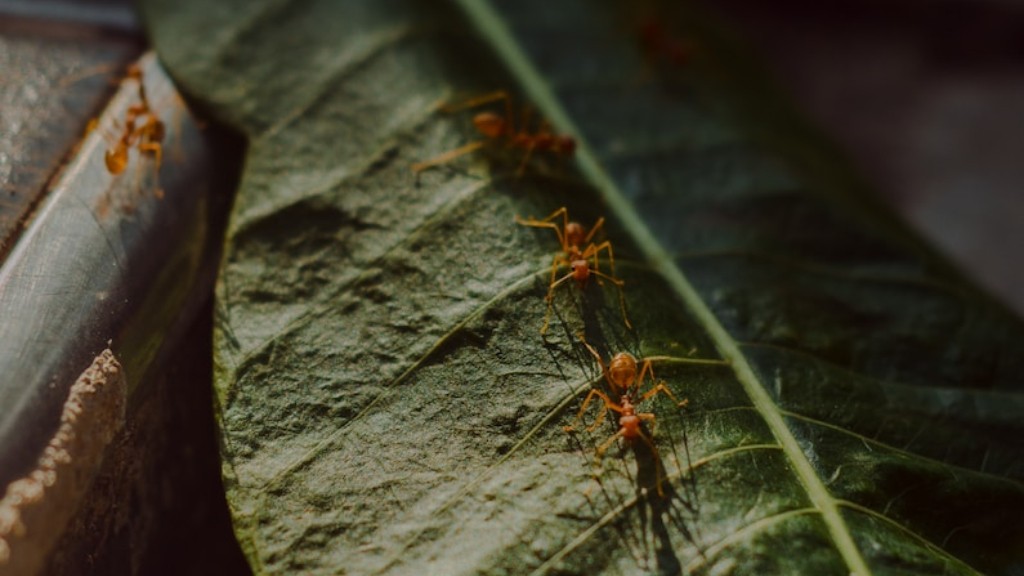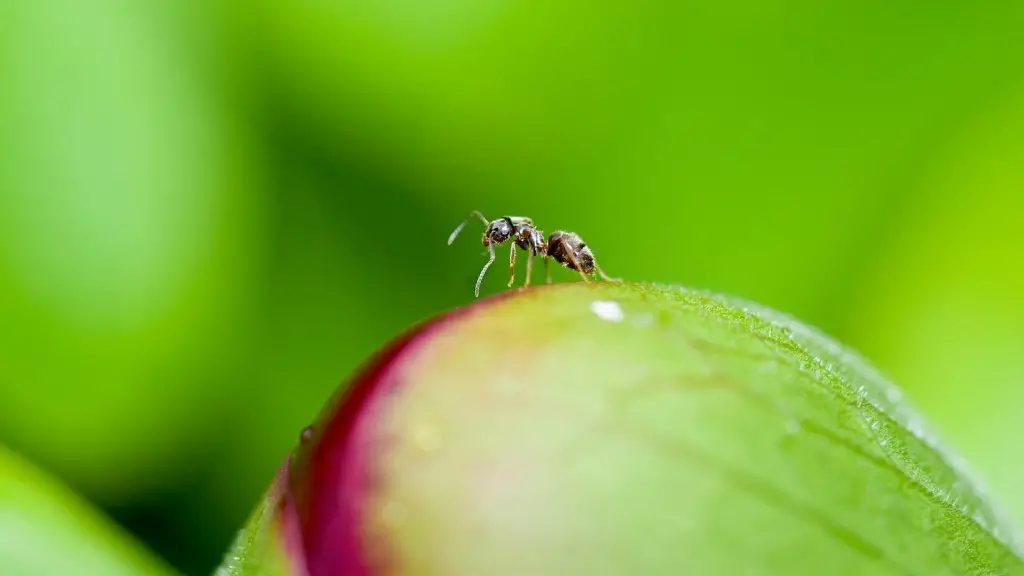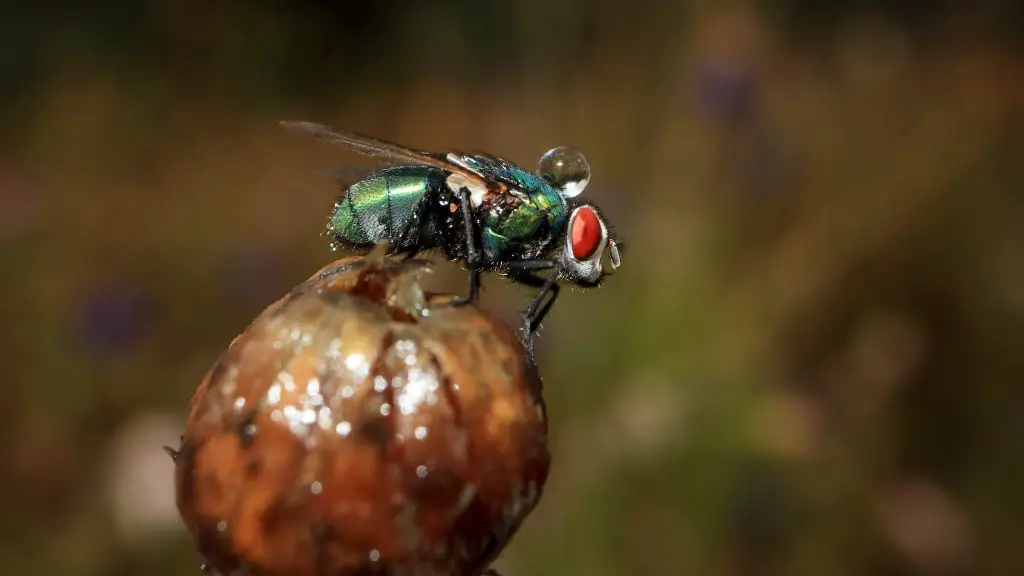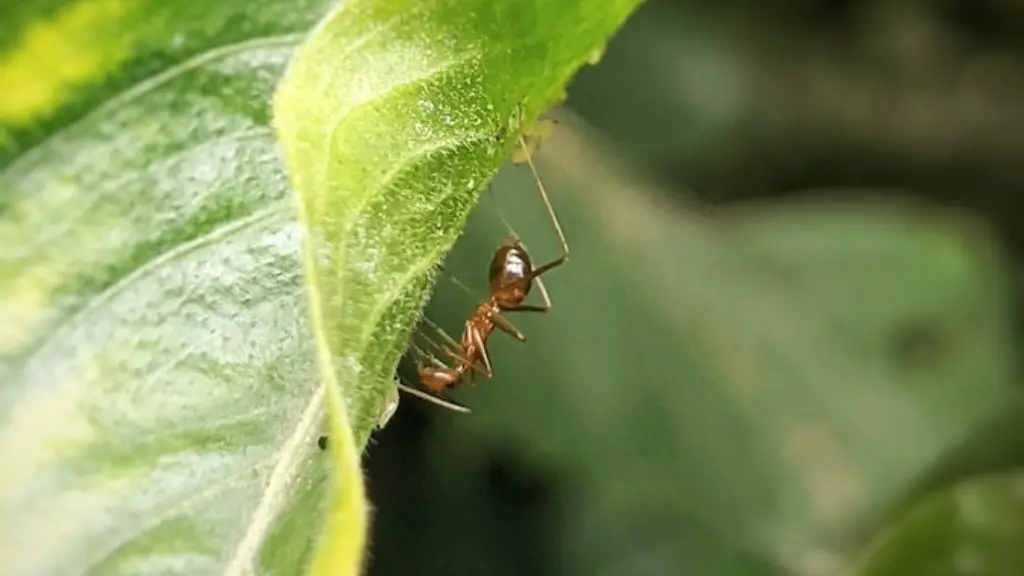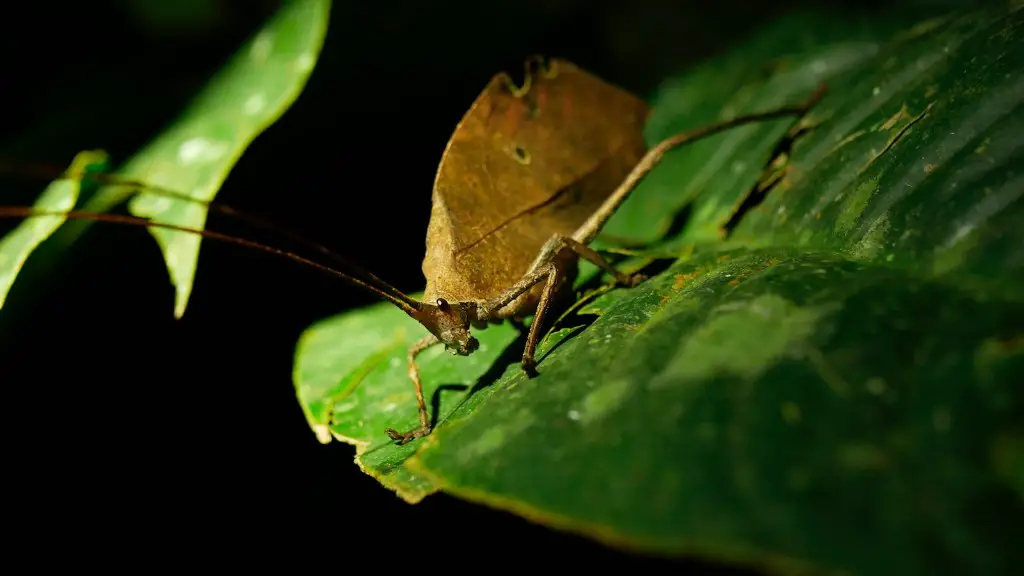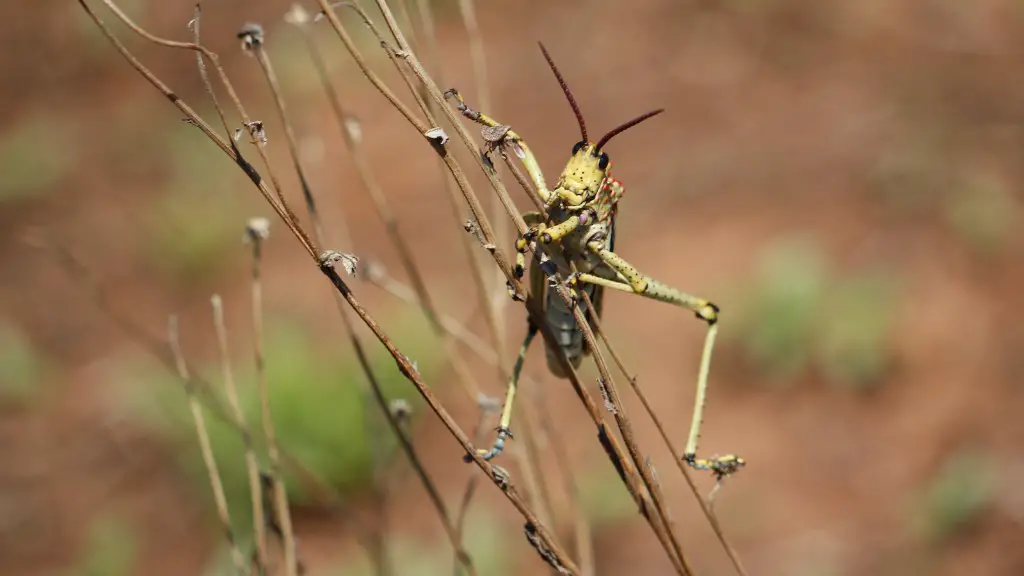How Do You Get Rid Of Ants in Your Home
Ants are one of the most common and annoying pests. They never seem to go away, no matter how hard you try to get rid of them. Not only are ants a nuisance, but they can also contaminate food, damage property and spread germs. So how do you get rid of ants in your home?
The key to getting rid of ants is identifying where they are coming from and removing the source of the infestation. The most common places for ants to enter the home are windows, doors, crevices, and gaps in walls and foundation. Once you’ve identified these common entry points, seal them up with caulk, weather stripping or foam insulation. This will prevent any new ants from entering the home, but there may still be ants inside.
Cleaning up any food mess or spills is also important. Ants are attracted to sugary and sticky messes, so make sure all areas are wiped down and keep food items, dishes and surfaces clean.
Using ant baits and sprays is another way to effectively get rid of ants. Boiling water, vinegar or soapy water can be used to rinse away trails of ants. Natural ant repellents such as cinnamon, garlic and peppermint oil are also effective. If the problem persists, you may need to contact a pest control service.
The most important thing to keep in mind is prevention. Keeping food items in tightly sealed containers, wiping down surfaces regularly, and getting rid of clutter can help ward off any ants from entering in the first place.
Proper Usage of Baits and Sprays
Using baits and sprays are effective ways to get rid of ants in your home, but it is important to use them correctly. Make sure to follow the instructions on the label and apply the bait or spray in areas where ants are located or their entry points, such as windows, cracks, and crevices.
Baits are a great way to tackle the problem as they allow the ants to take the bait back to the nest to share with other ants. This is a long-term solution that will help control the ant population in your home. Sprays are a faster solution, but may only kill the ants that are present at the moment and may need to be used repeatedly.
Using natural products such as soap, vinegar and essential oils can also help to get rid of ants. Boiling water can be used to spray trails away, and natural repellents can be used to help keep those pesky ants away from coming into your home in the future.
Importance of Routine Cleanliness
The importance of regular and thorough cleaning of your home should not be underestimated. Sweeping and vacuuming every few days to remove small food crumbs and other organic debris can help prevent ant infestations. Make sure to keep counters and floors clean, dishes and cooking utensils are put away properly in sealed containers and food items such as cereal, bread and sweets are kept sealed or in the refrigerator.
It is also important to keep clutter to a minimum. Clutter provides ants with the perfect cover to hide in and can make it difficult to identify where they are entering from, making it more difficult to get rid of them. Remove any old papers, boxes, and other objects that might be acting as a hideout for the ants.
Expert Tips
Experts have a few tips when it comes to getting rid of ants in your home. First, don’t underestimate the power of identifying and sealing entry points. If the ants are able to get into your home, no amount of traps or sprays will be able to keep them away. Second, set up ant traps as soon as you notice any ant activity in your home. This will help stop the infestation from spreading further.
Finally, use natural ant repellents and keep food items sealed and covered. Ants prefer sugar and sweet foods, so be sure to keep them away from your pantries and countertops. Clean up spills and messes promptly, and if the problem persists, contact the help of a professional pest control service.
Preventive Measures
Preventative measures such as sealing entry points and regular cleaning can help keep ants away from your home. Caulking around windows, doors, pipes, and other known entry points or cracks in the foundation can help prevent any new ants from entering your home. Cleaning up messes, cleaning surfaces and keeping counters and floors free of food crumbs can also help keep ants away.
If you have pets, make sure to keep their food and water bowls, bedding and cages clean. Ants are attracted to pet food, so it’s important to keep their food and water bowls clean and free of any leftovers. Additionally, don’t forget to seal any pet food and treats in tightly sealed containers or bags.
Finally, regular inspections of the entire home should be done to ensure there are no entry points or areas where ants can hide. Checking garages, pantries, corner points, and behind appliances can help detect early signs of any ant infestations.
Other Pest Control Methods
For ant, flea and cockroach control, bait and spray products can be used. Baits are ideal for harder to reach areas, such as crevices, cracks and inside wall cavities, that cannot be treated with sprays. Baits lure insects into a container where the poisoning agents are located, eliminating the entire colony at once. Sprays are a quicker and more effective solution, but may need to be used multiple times and may not get to the nest.
For indoor insect control, natural remedies such as white vinegar, essential oils and soapy water can also be used. White vinegar helps to repel ants, while essential oils like peppermint can be used to wipe down surfaces and help keep pests away. Soapy water can be used to rinse away trails and help get rid of any existing ants.
If the problem persists and you are unable to get rid of the infestation, contact a professional pest control service. These trained professionals can provide advice, potent products, and expert advice to help eradicate the entire ant colony.
Long Term Solutions
Creating a long-term solution for ant prevention is key to getting rid of ants in your home. Monitoring and eliminating entry points, regular cleaning, and keeping food items sealed and covered can help ward off any ant infestations.
If any infestation is detected, making sure to use ant baits and sprays correctly can help get rid of the problem quickly. Natural insect-repelling remedies like white vinegar, peppermint oil and soapy water can also help keep ants away in the future.
If all else fails, it’s important to contact a pest control service to help identify the source of the infestation and provide the necessary treatment to exterminate any remaining ants.
Professional Versus DIY Ant Control
When it comes to getting rid of ants, it’s important to understand the difference between professional help and do-it-yourself solutions. Professional exterminators use powerful and potent products and provide detailed advice on how to prevent ants from coming back in the future. DIY solutions are cheaper and may be effective, but may require multiple treatments, may not be able to target the nest, and may not provide any long-term solutions.
It is important to weigh the pros and cons of both and choose the solution that fits your needs. If the problem persists, it’s best to contact a professional exterminator who can provide advice and solution catered to your ant problem.
Tips for Proper Ant Prevention
Once you have gotten rid of the current ant infestation, you will need to take preventive measures to keep ants away from your home. Cleaning and sealing entry points, routine cleaning and inspections, and regular use of natural insect repellents can all help ward off any future ant problems.
Another important step is to identify where the ants are coming from and eliminate their food source. This means ensuring food items such as cereal and sweets are kept in tightly sealed containers and sealing any cracks or crevices that may be allowing ants in. Storing pet food and other food items appropriately can also help prevent ants from coming in the first place.
Finally, if you have pets it is important to keep their food, water and bedding clean and free of any crumbs and mess. This will help reduce the chances of any ants coming in your home in the first place.
